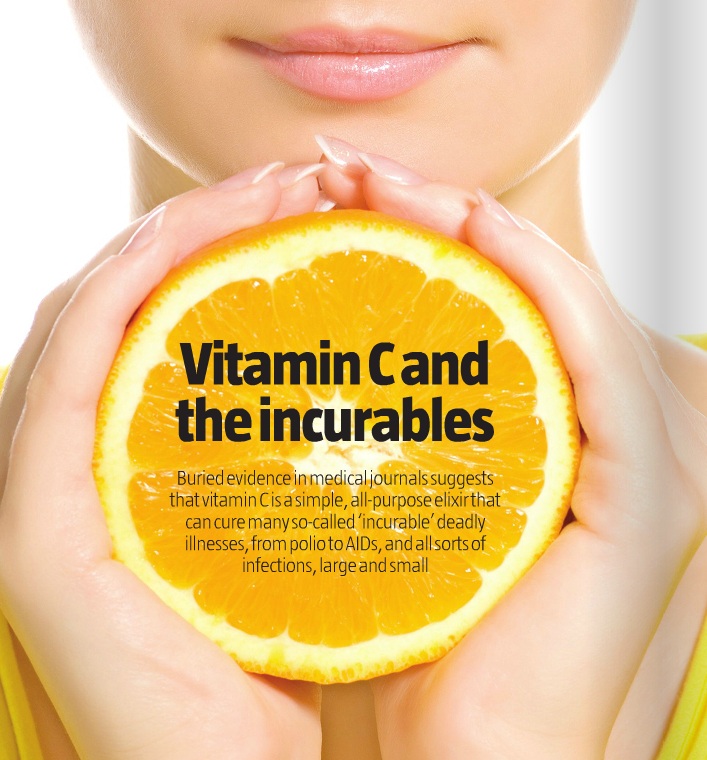I mention this because I can't find the circulation figures for What Doctors Don't Tell You. More importantly, I can't find the magazine itself. I don't find it in my local Sainsbury or Tesco. I can find it in my local W H Smith but I wonder how many copies are bought because the stack doesn't seem to change over the course of the month (including the copy of Scientific American I habitually put over the front copy).
Yet a few months ago it was much more easily. My local Tesco had a big stack of them. It had a big stack of them a few days after the edition was published, and it had an equally big stack of them at three weeks later. Either the pile was constantly replenished, which I know doesn't happen with magazines that I do read, like Private Eye, New Scientist, Mojo and Disney Princesses (all right, I don't read it for me but my granddaughter insists I read it to her). Get in a few days late and you find a blank space on the shelf which the latest edition once inhabited.
But I don't think I am missing much. But wait, I am missing the fact that Vitamin C can cure AIDS, which it can't, of course and, to be fair, the magazine has never actually ever claimed that.
But it does sort of imply that, doesn't it? It sorts of says MEGA-CURE FOR THE INCURABLES: Vitamin C fights it all, from measles to AIDS. I would say that, in all honesty, and hedging this around because Lynne McTaggart, defender of free speech and all that goes with it, is just a little twitchy about criticism and has been known to delete Facebook comments that don't support her wishful thinking evidence based approach to bashing evidence based medicine.
The article on Vitamin C includes this
He [Cathcart] even devised an experiment with around 250patients who tested positive for HIV. In a letter to theeditor of The Lancet, he wrote that his regime of givingoral doses of vitamin C close to “bowel tolerance” (seebox, page 60) had “slowed, stopped or sometimesreversed for several years” the depletion of an HIVpatient’s CD4+ T cells.
Cathcart’s patients also showed rapid reductionsin lymphadenopathy (a disease of the lymph nodescharacterized by swollen nodes and general malaise),improved tolerability to antibiotics, completeelimination of malaise and prolonged survival.
I can't read the Lancet letter so I can't be sure that this is a proper description of Cathcart's experiment. Suffice to say, however, that the front cover promises that Vitamin C cures AIDS, and the heading to the article on Vitamin C itself promises that it can cure AIDS amongst other things and yet the article doesn't support the claim.
What's going on?
Well, I suggest, on no evidence whatsoever, that someone is hyping things up to get readers hooked, then letting them down when they actually read the article inside. Lots of magazines do it. But not many magazines are promising on the cover that AIDS can be cured and to do so all one needs to take are large enough doses of a commonly available chemical. Except, of course, that WDDTY wasn't claiming that at all.
I use the word hypocrite here a lot because I reckon science deniers of all kinds, those that wilfully ignore evidence, have to be just that. They tie themselves in knots to make their version of reality fit the evidence. From what I have read of Cathcart's vitamin C publications, he wasn't much of a scientist and was more likely a science denier himself. And that's from the references in the article illustrated above.
Here's what teacake had to say:
17. Med Hypotheses, 1985; 18: 61-77 – Medical Hypotheses has a bit of a reputation. Anyway, this paper offers no evidence, just some hypotheses about vitamin C, including this unevidenced assertion: “I think that most crib deaths are due to acute induced scurvy.” The author offers the view that the more ill somebody is, the more vitamin C they can tolerate, without any more than anecdotal evidence.
Read the entire thing and you will see what he means. I did. I wonder if Lynne McTaggart did. And if she did, I am not sure she understood it.
I shall continue to search for WDDTY in my locality, and beyond when I am farther afield. If I spot the increasingly rare species, I shall let you know.


The letter to the editor of Cathcart is represented accurately. But that's also all there is. He narrates that he regularly has treated HIV patients with high doses of vitamin C and that this supposedly worked. We just have to take him for his word in that letter. I would not recommend you do, however...
ReplyDeleteMarco
I wasn't going to take his word for it. I nearly choked when I read his comment about sudden infant death syndrome and scurvy.
ReplyDeleteGood jjob
ReplyDelete